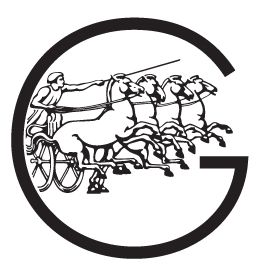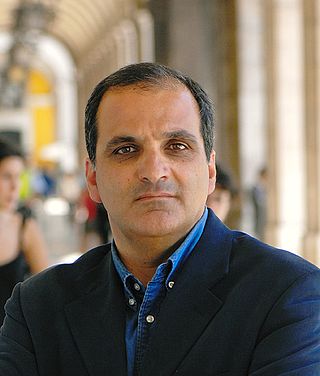Gulbenkian Science Prize
| | This section needs expansionwith: more awards. You can help by adding to it. (July 2018) |
The Gulbenkian Science Prize (in Portuguese: Prémio Calouste Gulbenkian de Ciência e Tecnologia) established in 1976 is an annual award to Portuguese nationals or those whose work has been carried out in Portugal. From 2007 to 2011 it was given in four categories, awarded annually every four years: Basic Sciences (Mathematics and Computing Sciences); Physical Sciences; Life Sciences; and Social and Human Sciences. [1] The prize was worth 50,000 Euros (previously €25,000).
In 2011 a new prize (€100,000 for the first prize, €50,000 for the other four) was awarded for five disciplines: Intercultural and Environmental Dialogue; Arts; Science; Charity; and Education. [2]
In 2017 three new categories were announced: Knowledge, Sustainability, and Cohesion, with prizes of €50,000 each. [3]
Past recipients include:
- 1986: Maria João Rodrigues
- 1987: António Freitas, Benedita Rocha, António Coutinho [4]
- 1996: Boaventura de Sousa Santos [5]
- 1997: David Ish-Horowicz [6]
- 1998: Ana Rute Neves [7]
- 1999: Cristina Maria André de Pina e Sousa and Saůl António Gomes [8]
- 2000:
- 2001: Gustavo Castelo Branco, Luís Manuel Lavoura and João Paulo F. da Silva: and Rui Loja Fernandes [9]
- 2002: Patrício Silva and Pedro Gomes [10]
- 2003: José Machado Pais [11]
- 2004: Lorenzo Cornalba and Miguel Sousa da Costa; [12] Sergey Dorogovtsev and José Fernando Ferreira Mendes; [13] and José Francisco Rodrigues. [14]
- 2005:
- 2006:
- 2007:
- Arts category - Hand in Hand: Center for Jewish-Arab Education in Israel (€100,000); Ângelo de Sousa, Maria do Carmo Fonseca
- Science category - Luís Barreira (€50,000)
- Charity category - Associação das Aldeias de Crianças SOS Portugal (€50,000)
- Education category - Ar.Co (Centro de Arte e Comunicação Visual) (€50,000 each)
- 2008: Sérgio Rebelo [15]
- 2009: Maria João Saraiva [16]
- 2010: Miguel Poiares Maduro
- 2011: Nuno Peres [17]
- 2012-2018: See Human Rights section
Gulbenkian Prizes on Cohesion, Knowledge and Sustainability
Three annual awards are given to individuals and non-profit private legal entities which have distinguished themselves in Portugal in the defence and promotion of Cohesion, Knowledge and Sustainability. Three annual awards are given one in each field of the categories of the prize
- 2017: [18]
- Cohesion category - Artistic Musical Society of Pousos
- Knowledge category - Portuguese Mathematics Society
- Sustainability category - Association of Douro Valley Viticulture Development (ADVID)
- 2018:
- Cohesion category - É uma Casa, Lisboa Housing First
- Knowledge category - O Espaço do Tempo
- Sustainability category - Coopérnico Cooperative








